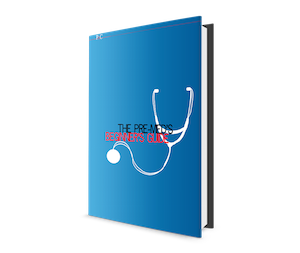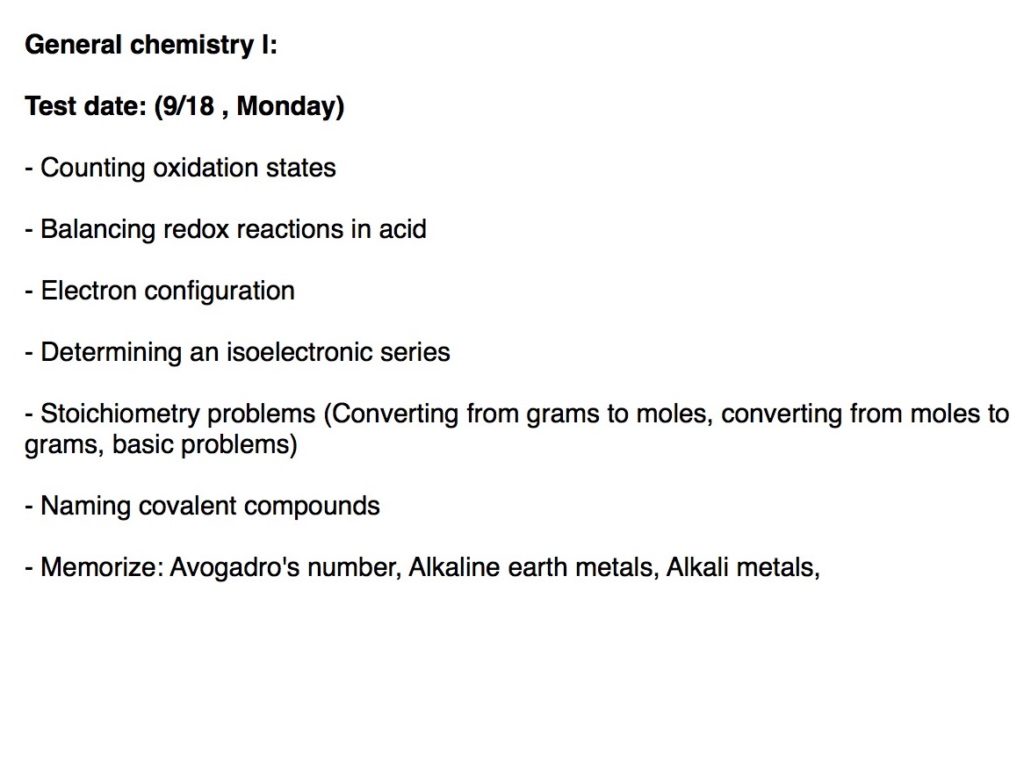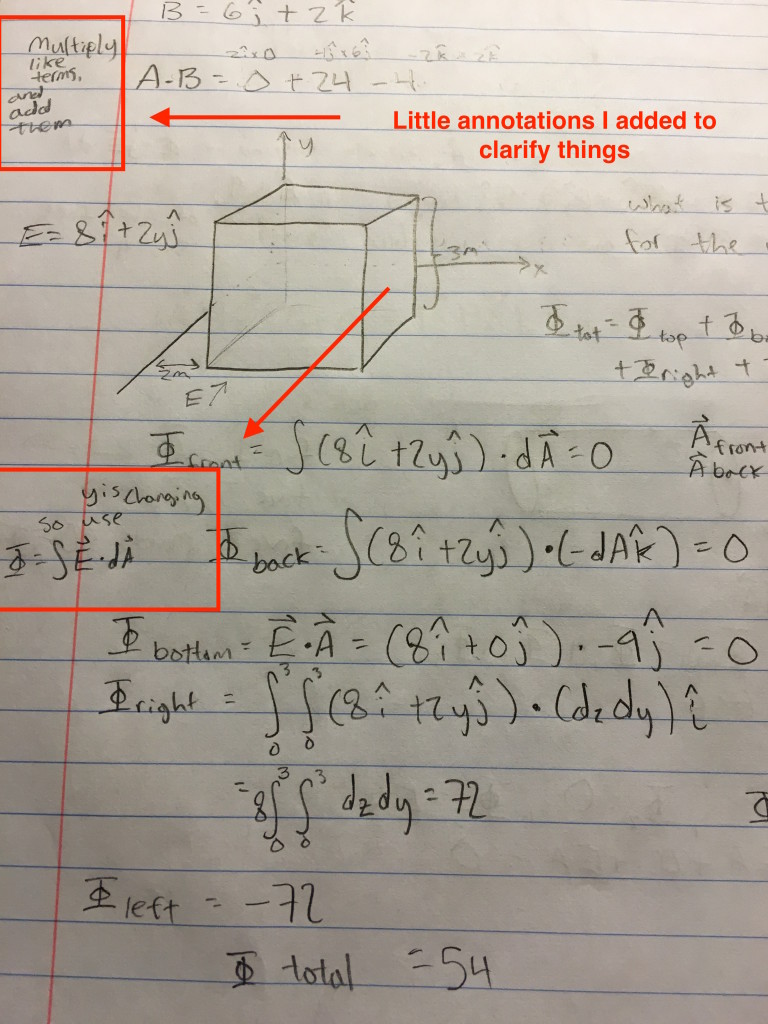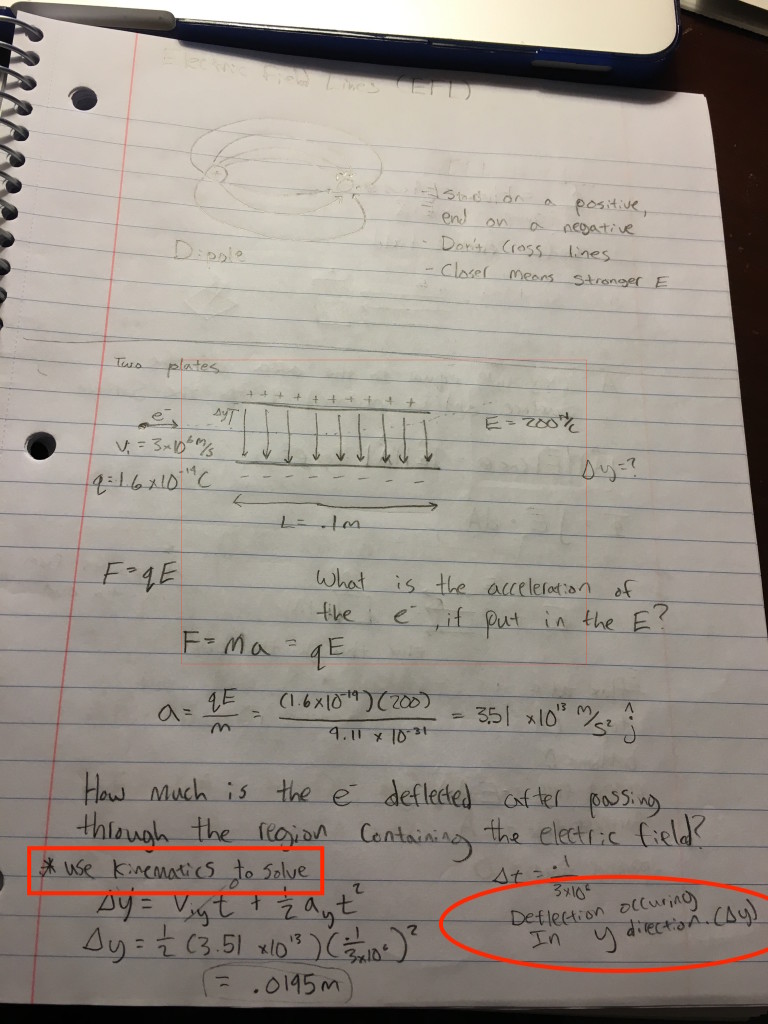
One of the biggest mistakes many premeds make is not starting the semester off strong. The beginning of the semester represents one of the greatest opportunities to put yourself in line to secure that A in your class! Its very important to start off strong because that will the set the tone for your whole semester. Remember, it is always easier to maintain an A in a class once you already got it than it is to work your way up to one from a lower grade. So by getting off to the right foot from the very beginning you increase your chances of making an A greatly. Not only that but it is also way less stressful knowing you are in a good situation rather than worrying if you will make the grade you want or not. We are going to go over some of the best methods to make sure you start the semester off right!
Before we go any further, make sure to read my article “How the A student starts their next semester“. This gives advice more on how to prepare for your next semester, but some of the content overlaps. However in this article though I really want to emphasize the point of staying ahead and being one step ahead of your teachers. Yes, this method takes more effort than to not do it. But the real secret to making good grades is hard work. Work smart and work hard and you will definitely achieve your goals. So how do I stay ahead of the class?
The main ways to stay ahead of your class are by:
- Pre-reading the powerpoint before class
- Reading the chapter in your book before your teacher lectures on it
- Watching youtube videos on the topic
- Doing practice problems
The reason it is so important to do this is because the material is ALWAYS easier to understand the second or third time you see or hear it. You want to already have been exposed to the material your teacher will go over in class before they do. Especially if it is hard material. By having already read the powerpoints, the book chapter, watching videos, and doing practice problems you will be way ahead of everyone else in your class. And then when finally your teacher lectures on the topic, they will only help to clarify anything that confused you. By having already pre-read and prepared for lecture, you will also have a list of questions you can ask your teacher. While the other students are hearing this for the first time and trying to just even understand whats going on, you will be solidifying what you know or clarifying on things that confused you.
This is especially important during the beginning of the semester because you will be introduced usually to a bunch of brand new content. In the beginning of a semester, usually the easiest tests and quizzes are given out. So you want to take advantage of that and grab those easy A’s early on! Getting off to the right start early on will set a good pace for your whole semester. The momentum of how you do in the beginning is often carried throughout the entire semester, so you want to get this right! So make sure you read ahead and are prepared for your next lecture! This will definitely help you achieve the grades you want!
For more pre-med tips and advice, subscribe to our newsletter and follow us on Facebook, twitter, and pinterest!
Download a comprehensive medical school rankings report and get the free ebook, The Pre-Med’s Beginner Guide, right now! Download here! Don’t miss out!
Get your Free Pre-Med ebook! Download now!
(You definitely want this!)
















